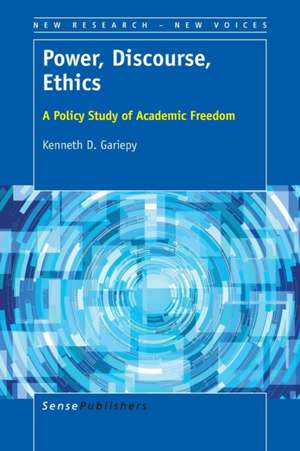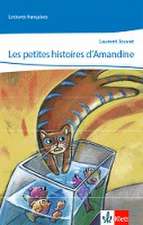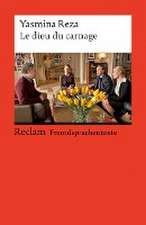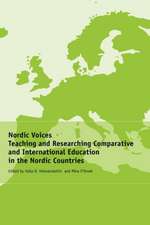Power, Discourse, Ethics: A Policy Study of Academic Freedom: New Research - New Voices, cartea 5
Autor Kenneth D. Gariepyen Limba Engleză Paperback – 31 dec 2015
| Toate formatele și edițiile | Preț | Express |
|---|---|---|
| Paperback (1) | 241.02 lei 38-44 zile | |
| Brill – 31 dec 2015 | 241.02 lei 38-44 zile | |
| Hardback (1) | 560.64 lei 38-44 zile | |
| Brill – 31 dec 2015 | 560.64 lei 38-44 zile |
Preț: 241.02 lei
Nou
Puncte Express: 362
Preț estimativ în valută:
46.13€ • 47.98$ • 38.08£
46.13€ • 47.98$ • 38.08£
Carte tipărită la comandă
Livrare economică 10-16 aprilie
Preluare comenzi: 021 569.72.76
Specificații
ISBN-13: 9789463003681
ISBN-10: 9463003681
Pagini: 184
Dimensiuni: 156 x 234 x 10 mm
Greutate: 0.28 kg
Editura: Brill
Colecția Brill
Seria New Research - New Voices
ISBN-10: 9463003681
Pagini: 184
Dimensiuni: 156 x 234 x 10 mm
Greutate: 0.28 kg
Editura: Brill
Colecția Brill
Seria New Research - New Voices
Recenzii
“Dr. Gariepy’s use of Foucault’s genealogical analysis provides a wholly different way in which to re-think the construction and practice of academic freedom in Canada and is thus an important contribution to the broader discursive field it seeks to analyze. Given contemporary neoliberal critiques of the university, the issue of academic freedom and the intellectually free subject is a vital problem that is of interest to numerous knowledge producing communities—on and off campus. Equally important in addressing the problem of academic freedom is how the book also contributes a new description of the genealogical method—something Foucault did not stipulate—that is original, ambitious, compelling, and insightful. I commend Dr. Gariepy for returning, to investigate anew, an issue we think we know.” — E. Lisa Panayotidis, PhD, Professor & Chair, Educational Studies in Curriculum and Learning, Werklund School of Education, University of Calgary, Editor of History of Intellectual Culture



















